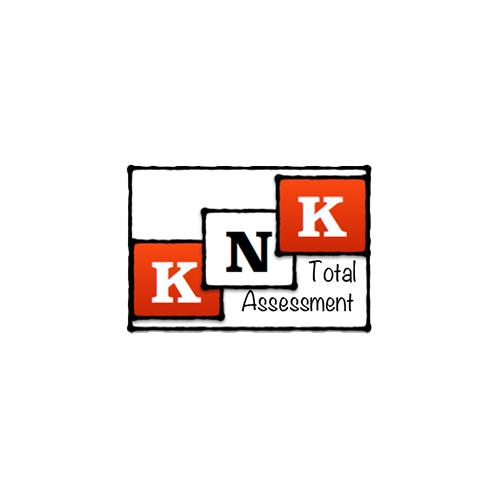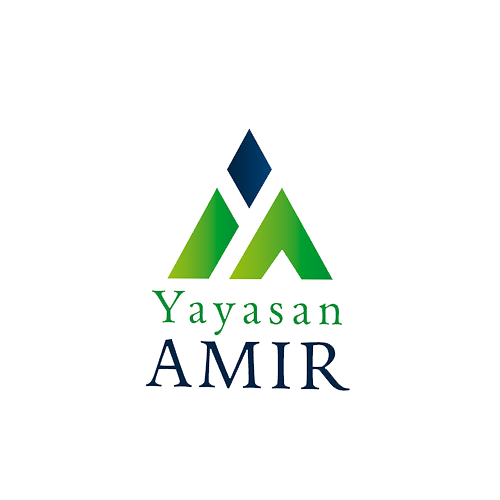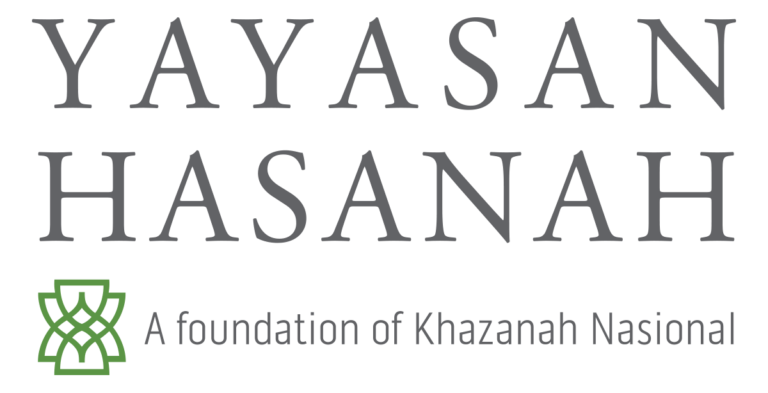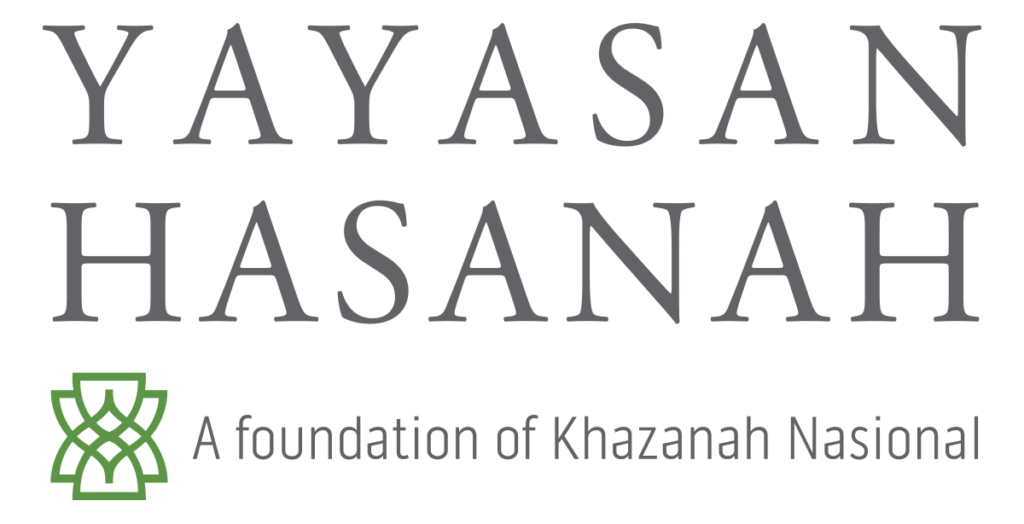Education
We believe the nation’s future begins with access to quality education for all.
To make this possible, our initiatives include:
Promoting STEM in lower performing schools
Developing new assessment frameworks for children with learning difficulties
Supporting inclusive education
Providing training in mental health for school counselors
Enhancing skills for at-risk youths
Offering scholarships through Yayasan Khazanah
Education plays a vital role in the development of a country’s human capital. As Malaysia moves towards becoming a fully developed nation, quality education is critical for growth and economic development.
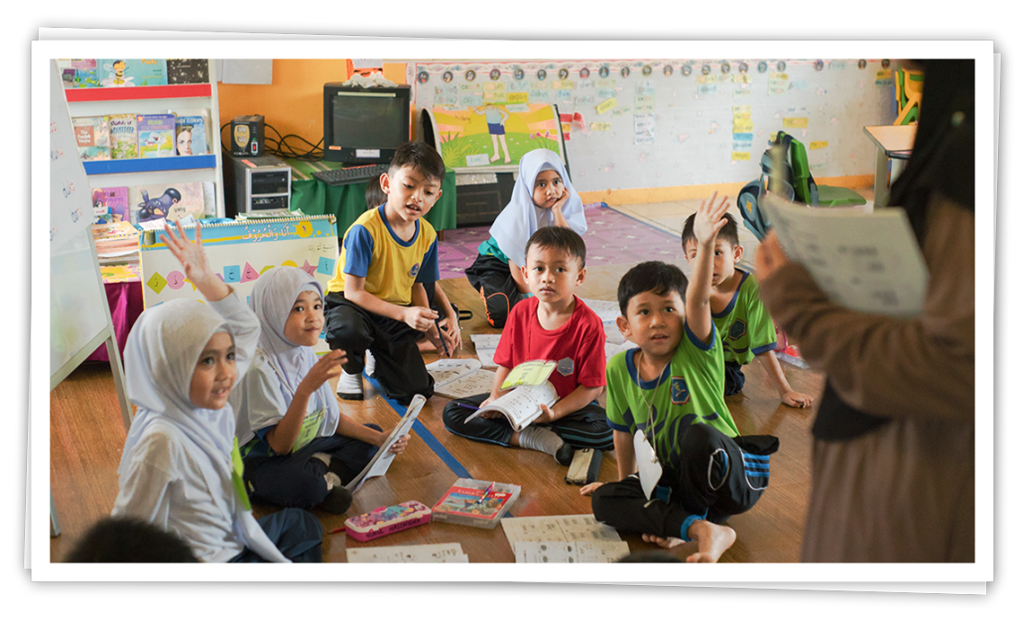
As an impact-based foundation, Hasanah and our partners are committed to raising education standards and addressing concerns, such a lack of holistic content that encourages the development of leadership skills and an assessment system for students with special needs. These gaps were addressed in 2018 through Hasanah’s work with its partners to promote quality and inclusive education.
A key thrust of Hasanah’s ongoing efforts in education is in ensuring that students have access to quality education and driving the transformation of public schools via its Trust School Programme (TSP).
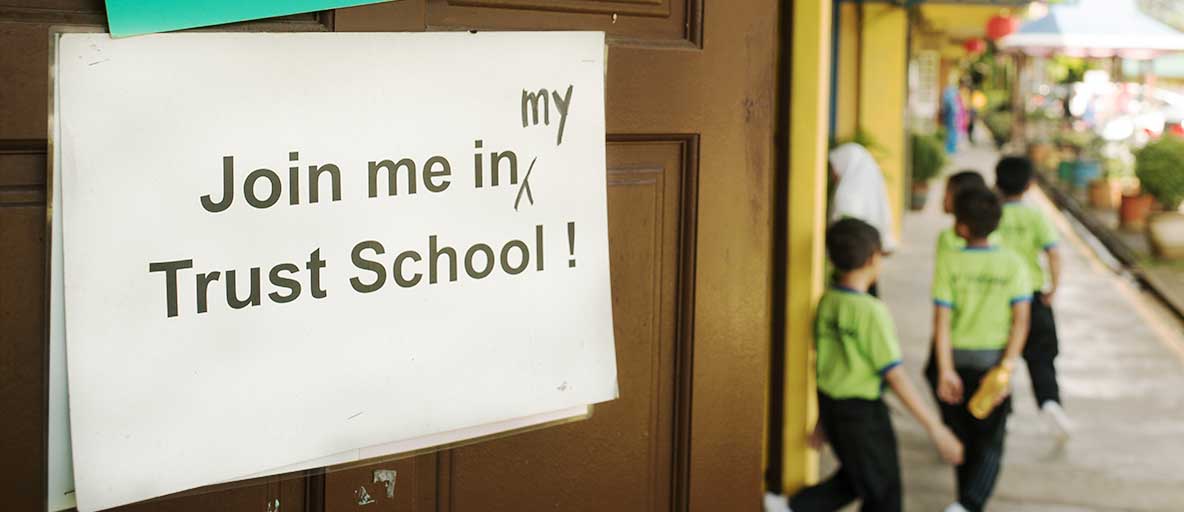
TSP, currently in its eighth year, brings multiple stakeholders together to work towards a common goal of producing students who are clear thinkers, articulate, academically strong, and empowered with a strong civic and moral consciousness. This would be achieved through the creation of a school transformation model that is sustainable and that can be replicated by other government funded schools in the long term.
For the TSP programme, Hasanah and Yayasan Amir have been working closely with the Ministry of Education (MOE) and LeapEd Services Sdn Bhd to oversee the transformation of the chosen schools, known as Trust Schools, in the areas of revitalising the school culture and encouraging excellence in holistic student outcomes. LeapEd Services is an education service provider which develops and implements the transformation work in schools.
To date, the TSP programme has been rolled out across 10 states and is participated by over 83 schools.
For such a massive and ambitious programme, there are undoubtedly challenges in executing TSP. In 2018, greater efforts were made in reaching out and building relationships with all the stakeholders involved in TSP.
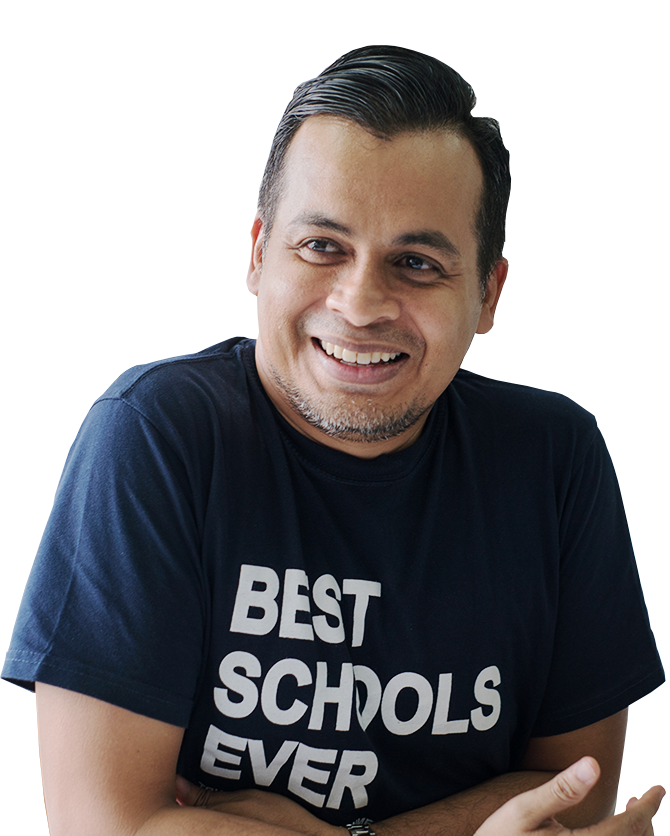
School visits gave TSP sponsors a better understanding of the programme and its impact to beneficiaries. In 2018, Hasanah visited their sponsored schools SMK Ayer Lanas and SK Gemang.
However, TSP goes deeper beyond school visits. It dives into the depths of the education system; taking a multi-pronged approach to not only work directly with schools but also the MOE.

Develop High Quality Leadership and Management

Improve the Quality of Learning and Teaching

Maximise Student Achievement and Potential

Strengthen the Engagement of Parents, Community and Other Stakeholders
“TSP adopted a ‘whole school improvement’ approach where each school will develop a customised plan focusing on 4 strategic goals to embed sustainable process for improvement and build capacities. “
“This nurtures a more holistic, comprehensive and quality education for students and education resources alike founded on high value and integrity,” he added.
Trusts Schools that have been with the programme for a longer time often exemplify characteristics expounded in the United Nations Educational, Scientific and Cultural Organisation’s four pillars of education, which are learning to know, learning to do, learning to be and learning to live together.
Fun learning approaches such as individual and team projects, reading and storytelling, as well as role-playing and quizzes found at Trust Schools encouraged students to be confident, gain the ability to articulate and solve problems in an effective manner. Students are also exposed to a positive learning culture that gives opportunities to learn from one another and accept critique.
Raising the bar
One of TSP’s milestone in 2018 was the accreditation process of Cohort 2011 Trust Schools by the Jemaah Nazir dan Jaminan Kualiti (JNJK). Cohort 2011 consisted of five schools in Johor and five schools in Sarawak. JNJK conducted the accreditation of the schools from August to October 2018.
Accreditation of Trust Schools is a critical check-point. For the Trust Schools, the accreditation process is a significant milestone as schools that have reached this level meet the standards set and are expected to show that they are able to sustain systems put in place and develop continuously.
The progress made so far has paved the way for another 20 Trust Schools to undergo an Accreditation process in 2019.
A successful Public-Private Partnership
TSP is viewed as a successful Public-Private Partnership (PPP). A clear understanding among stakeholders has led to better collaboration and coordination of TSP. This translates into better alignment between policy formation and implementation along the education value chain.
Dr Habibah Binti Abdul Rahim, Deputy Director General of Education said Trust Schools have benefited from capacity building programmes and modules, consultation and advisory, which have led to empowerment of roles among the school leaders and teachers.
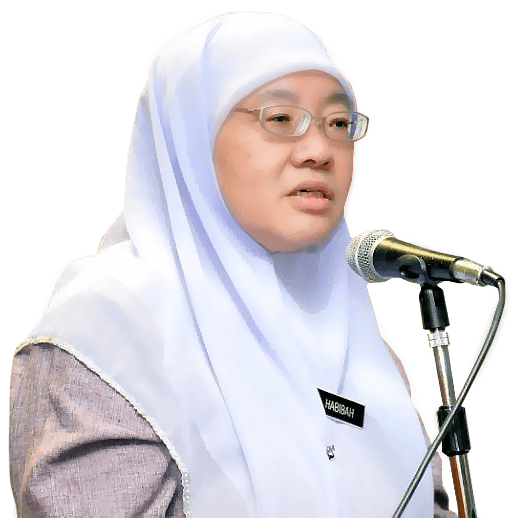
This, it is hoped, will improve the quality of teaching in the long run.
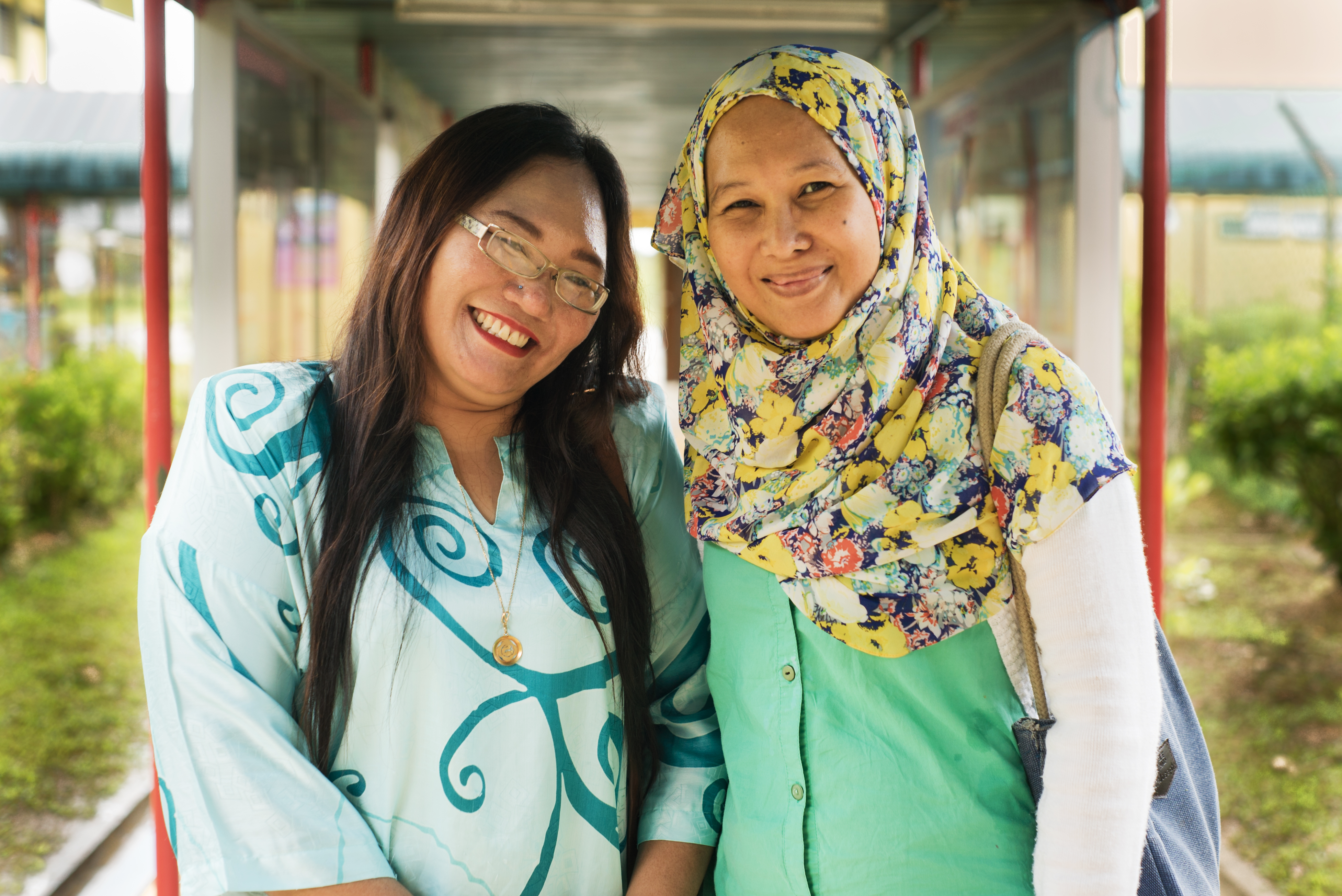
TSP also puts emphasis on improved parental and community involvements in school activities.
Dr Habibah believes that Trust Schools can become model schools in Malaysia as well as internationally.

Based on the Malaysian Education Blueprint 2013-2025, MOE aims to expand TSP to 500 schools by 2025.
State-wide school transformation
In 2018, Yayasan Amir also rolled out the state-wide education transformation programme known as the Projek Aman to complement TSP.
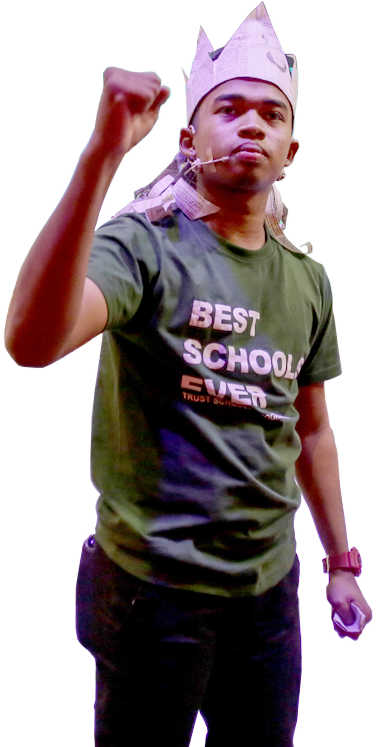
Projek Aman is a three-year, state-wide education programme focusing on the transformation at the system-level by impacting all three components of the state education system, namely the State Education Office (JPN), the District Education Department (PPD) and selected schools. This programme impacts over 64 pilot schools in Kedah.
Projek Aman has since been renamed as DTP-Aman in Kedah as it embraced the inclusion of the District Transformation Programme 3.0 mooted by MOE. DTP-Aman is a top-down approach where JPN and PPD officers are trained and empowered to develop, implement, monitor and review the needs of the schools and students.
Coaching and mentoring sessions with JPN and PPD officers are focused on topics such as planning, coaching and performance monitoring of schools.
Alternate assessment for students with special education needs
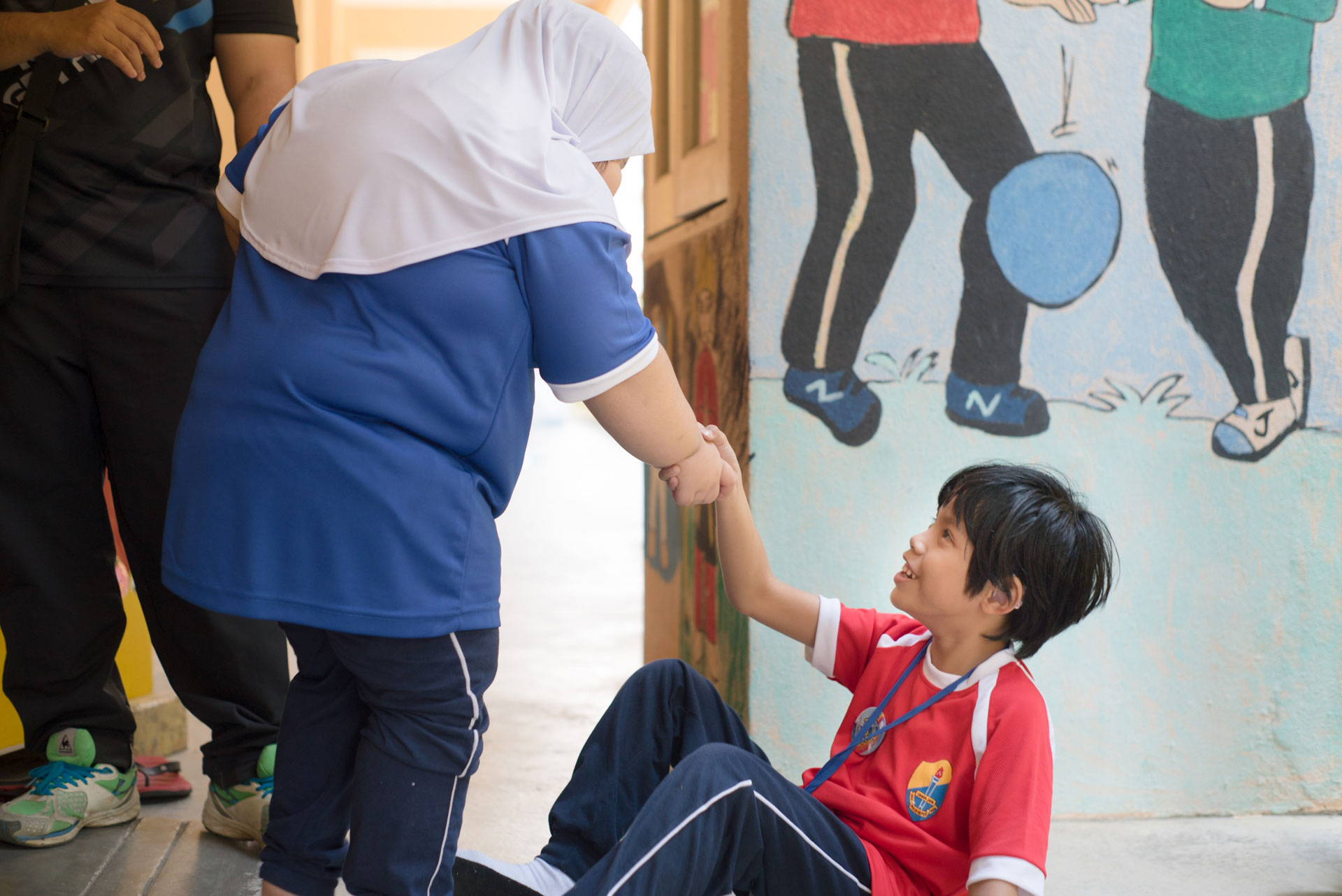
Aside from TSP, Hasanah’s approach towards improving the Malaysian education system is based on the United Nation’s Sustainable Development Goal (SDG) of ensuring quality education for all.
Under the fourth SDG, the United Nations has placed a target to eliminate gender disparities in education and provide equal access to all levels of education and vocational training for the vulnerable, including persons with disabilities, indigenous peoples and children in vulnerable situations are ensured by 2030.
With that in mind, Hasanah’s efforts towards inclusive education for all goes beyond elevating schools to a higher standard. Part of promoting equity in the education system includes catering for students with Special Education Needs (SEN) and providing them an assessment model tailored to their capabilities.
One of the achievements by Hasanah’s partner, Khidmat Nurani Khalifah (KNK) Total Assessment was the introduction of a new assessment model – an Alternate Assessment for Students with Learning Disabilities at the secondary level (Pentaksiran Alternat Sekolah Menengah (PASM) which complements MOE’s implementation of the Alternate Assessment for Primary School Students with Learning Difficulties, or Pentaksiran Alternat Sekolah Rendah (PASR) in 2016.
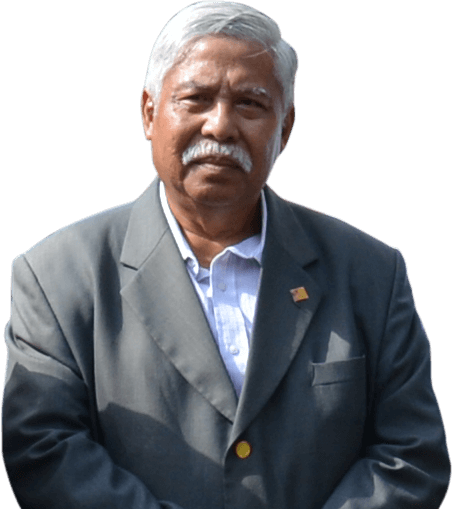
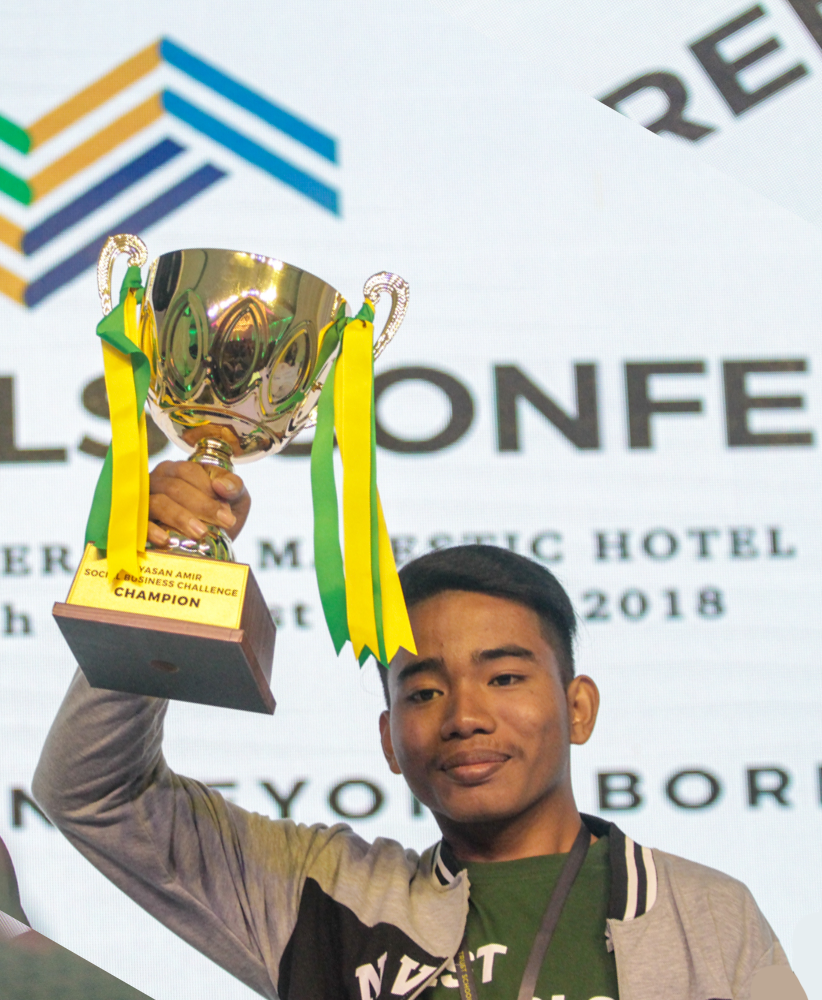
“With PASM, SEN students will be certified based on their abilities. This will give them the opportunity to know themselves as well as to be known and they will be positioned fairly in the society,” explained Kombali.
Much of KNK’s achievement in 2018 was done through a collaboration of teachers to help conceptualise, design and realise PASM. Kombali believes that with PASM, it will revolutionise Student Assessment to further promote inclusive education for all Malaysian children.
Taking one step at a time, KNK foresees an uphill task of gaining the acceptance and approval of the public on this new non-examination approach of certifying a student’s achievement in schools. At the same time KNK is also equipped for the immediate future with an aim to mainstream the new assessment framework as an alternate to Sijil Pelajaran Malaysia (SPM) for students with learning disabilities by 2022 so that no one gets left behind when it comes to accessing quality education.
PARTNERS
